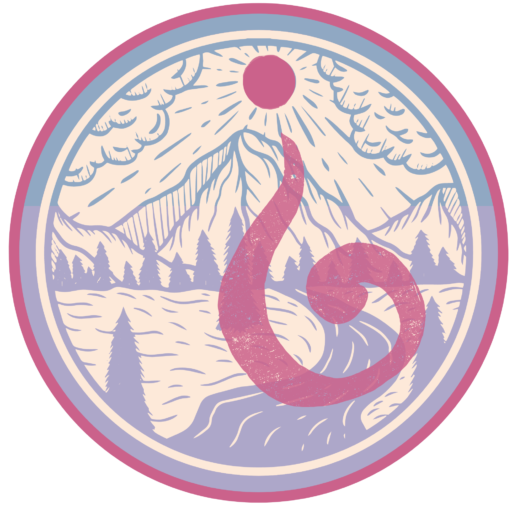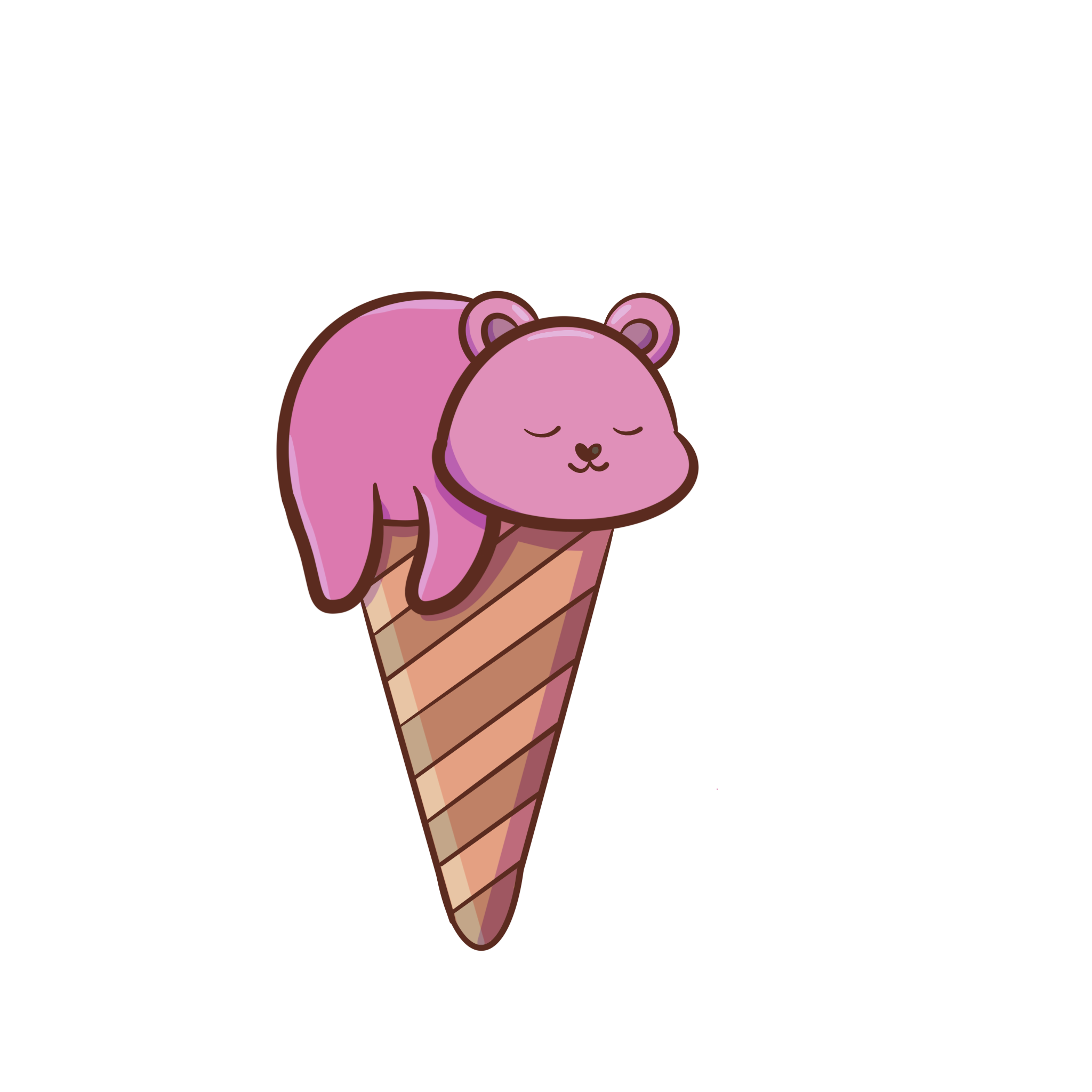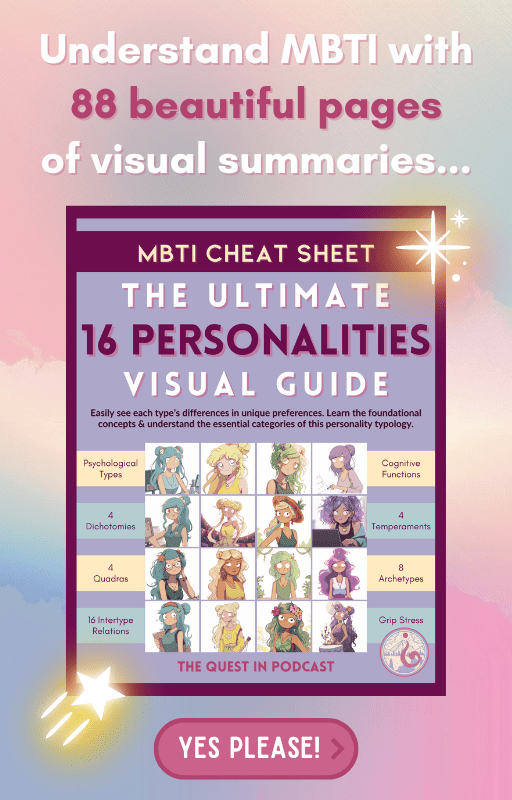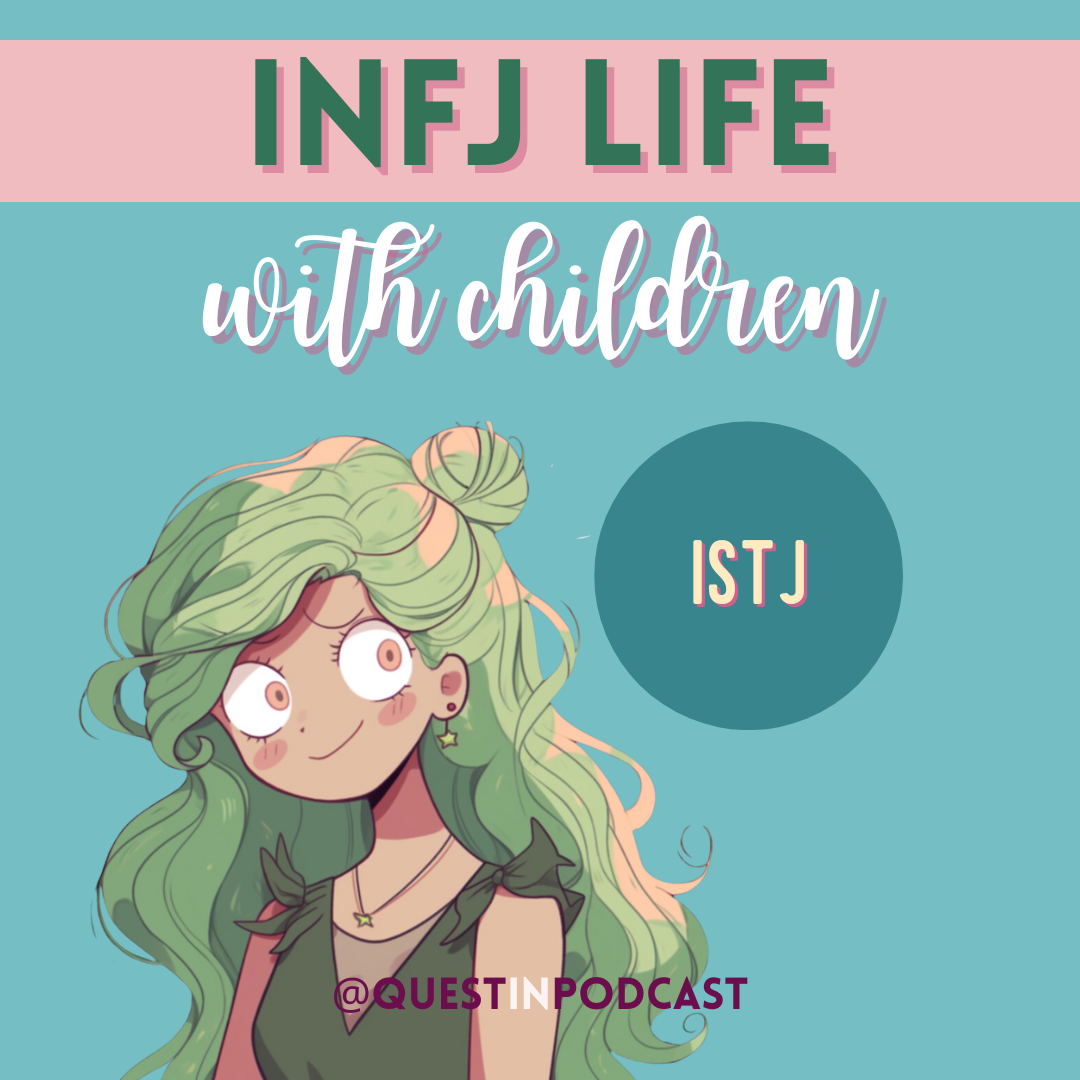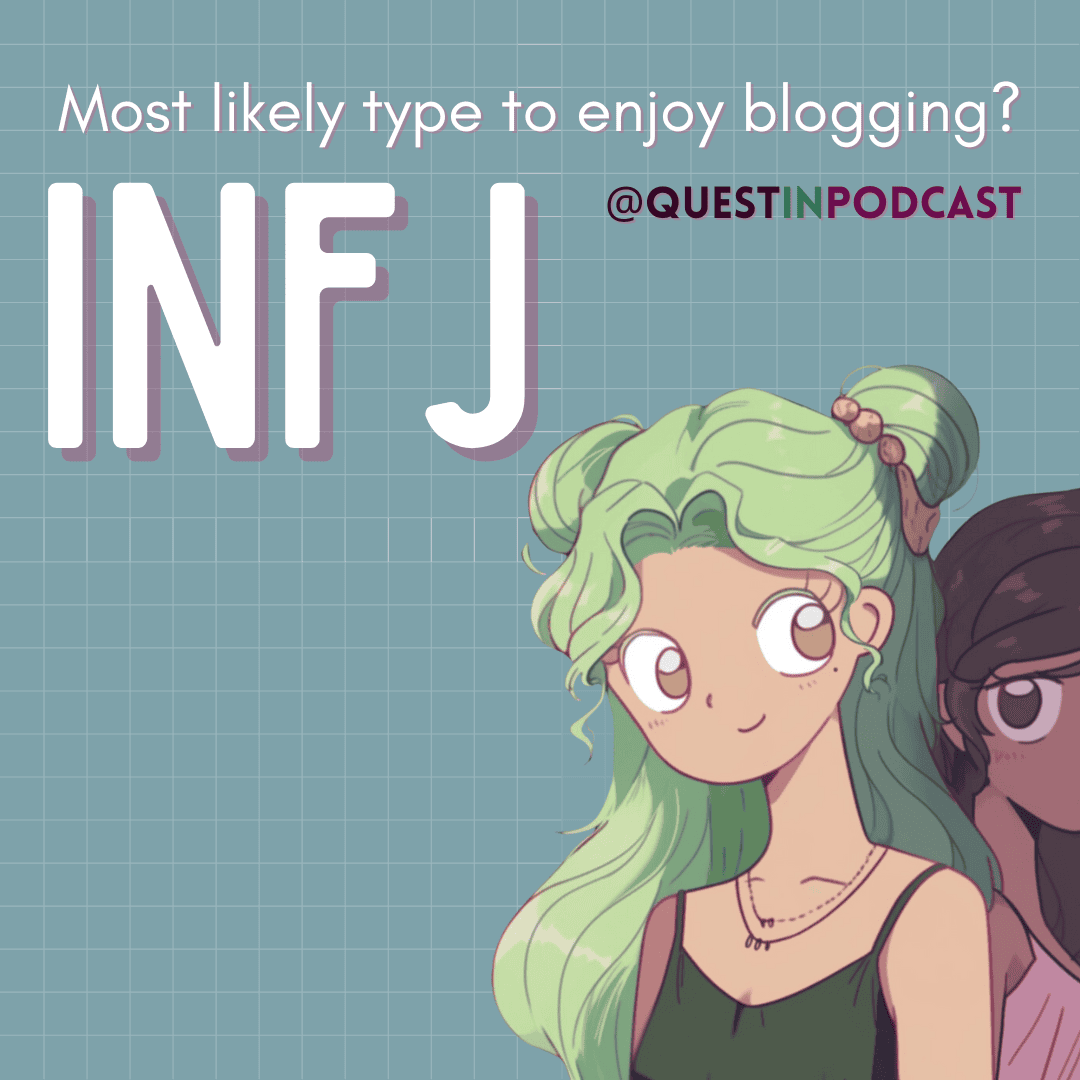
Why You Can’t Trust the 16Personalities Test
16Personalities is NOT Based on Carl Jung’s Psychological Types
When I first started learning about personality type, 16Personalities was my go-to for any friend I spoke to when asked for recommendations for personality tests. However, after spending years learning the theories and reading many MBTI books, I now understand it deviates a little too far from the foundational theories of Jungian cognitive functions and the Myers Briggs Type Indicator (MBTI). It is actually based on an entirely different framework!

From personal experience, I have noticed that the site is accurate only perhaps half the time anyhow. I would always tell people that it was a good starting place to learn about your own personality type, but that often it would be off by a letter or two as far as the four dichotomies. The site does do a good job at creating cute abstract art representations of 16 personalities, but these aren’t the true personality types in the type descriptions!
A better test would be my recently released quick 4-question MBTI quiz: click here to take it now for free!

The Approach of 16Personalities
In the “Our Theory” article of the site, you can learn how this popular website greatly deviates from the theoretical foundation of Carl Jung’s 8 cognitive functions. (The cognitive functions are the true basis for the 16 personality types and are much more useful to guide personal growth through understanding your personality type.) They write:
“With our NERIS® model, we’ve combined the best of both worlds. We use the acronym format introduced by Myers-Briggs for its simplicity and convenience, with an extra letter to accommodate five rather than four scales. However, unlike Myers-Briggs or other theories based on the Jungian model, we have not incorporated Jungian concepts such as cognitive functions, or their prioritization. Jungian concepts are very difficult to measure and validate scientifically, so we’ve instead chosen to rework and rebalance the dimensions of personality called the Big Five personality traits, a model that dominates modern psychological and social research.”
What This Approach Means
This means that the entire site is based on the Big 5 Personality assessments while wearing a false mask in adopting 16 Personalities letter codes. It is not actually testing for psychological type, which reveals individual preferences for how we each process information and make informed decisions.
It completely deprioritizes the cognitive functions and instead operates upon a spectrum for each of the four dimensions (introvertsion/extraversion, intuition/sensing, feeling/thinking, judging/perceiving) while adding a strange fifth dimension of assertive versus turbulent. These 5 dichotomies correlate to the Big 5 Personality “OCEAN” framework instead:
- O – Openness (N vs S – intuition/sensing)
- C – Conscientiousness (J vs P – judging/perceiving)
- E – Extraversion (I vs E – introversion/extraversion)
- A – Agreeableness (F vs T – feeling/thinking)
- N – Neuroticism (A vs T – assertive/turbulent)
There’s nothing wrong with the Big 5 Personality Test and it’s five trait framework, but it definitely is NOT 16 personalities. The site completely steals the global recognition and respect of Myers Briggs Type Indicator and dilutes it by basing the assessment on a completely different personality test. I imagine all the original theorists (Carl Gustav Jung, Isabel Briggs Myers, and Katharine Briggs) would all be disappointed by such personality tests that incorrectly portray the 16 personalities.

How to best figure out your personality type?
Option 1: Learn the 8 Cognitive Functions + the 16 Personalities
The best way would be to learn the cognitive functions and understand your individual preferences. This option would take a good amount of self-reflection, but it also enables you to have the maximal opportunity for personal growth. Additionally, you would open yourself up to learn about other personality types in addition to your own personality type.
You would develop a strong sense of individual strengths we all have inherently developed over our lifetimes. You will notice obvious patterns in human behavior and human growth, noting energetic differences in making decisions and perceptions.

Option 2: Take my quick quiz!
I have spent a few years testing how to quickly find out a person’s personality type and decided to finally share it with the world through my site. My hope is for others to use it as a starting place for personal growth to raise their consciousness and discover their individual strengths, new ideas, and own possibilities and patterns.
With more experience, I have learned simplicity is best for the majority of people which is why I made the test a simple four questions to allow the user to focus on their best-fit answer. It is definitely the shortest and easiest personality type test I know to be available. Most personality assessments are far too long and complicated to actually lead to practical solutions. My improvement was to realize and formulate an easier quiz.
Take the quiz now!
Also, please feel free to support my site by sharing this free quiz with your friends and family so that they too explore their psychological type.

I have many new ideas on how to continue to provide high-quality resources on personality types in the future. Therefore, more is coming soon as life permits!!
